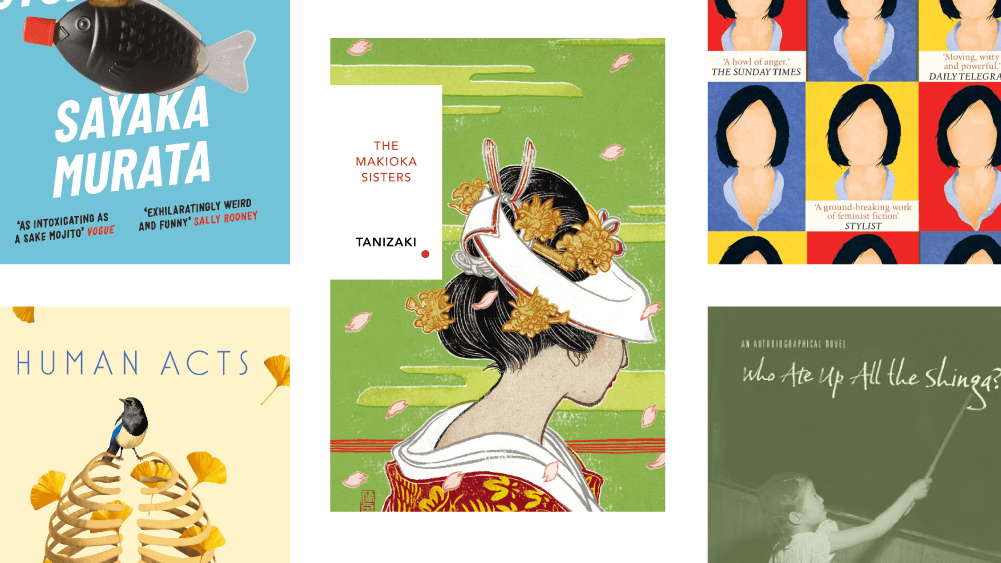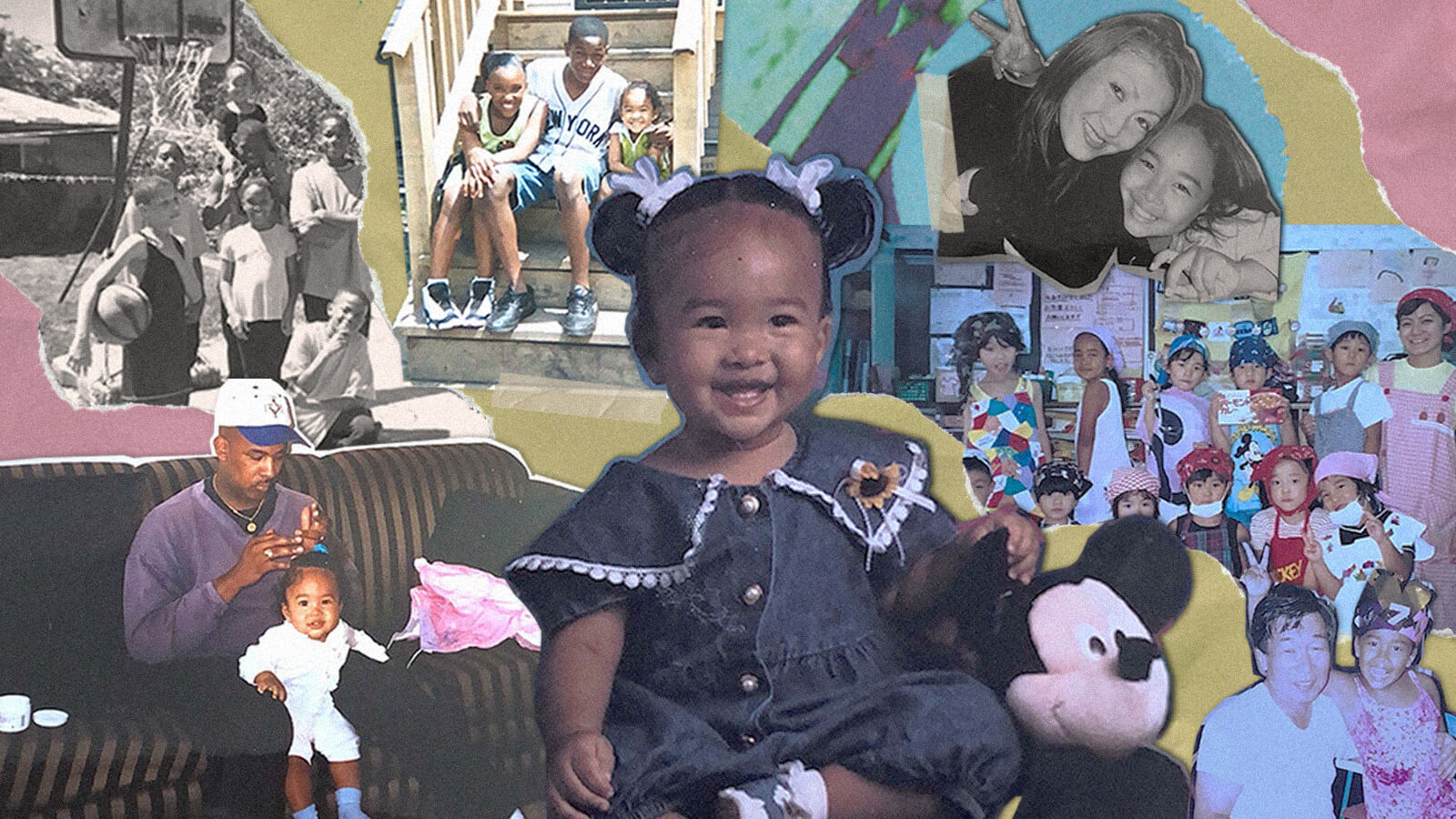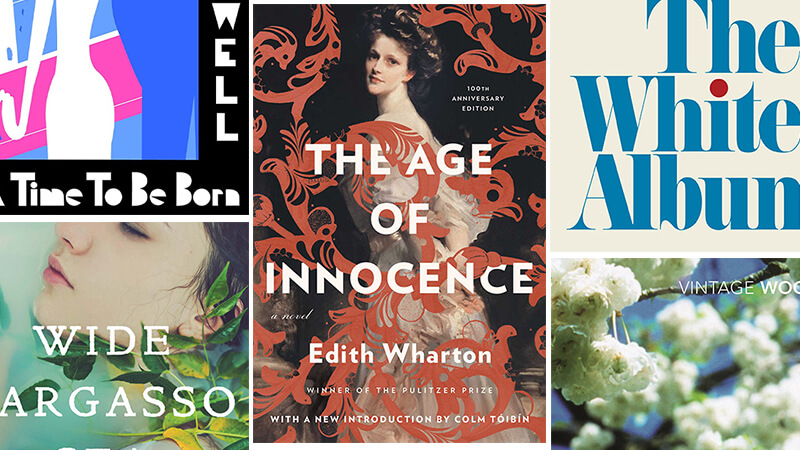Min Jin Lee’s Recommended Reading List
Pachinko author Min Jin Lee shares her favourite translated novels, from Sayaka Murata’s Convenience Store Woman to Park Wan-suh’s Who Ate Up All the Shinga?
Convenience Store Woman – Sayaka Murata
Sayaka Murata’s brilliant novel follows 36-year-old Keiko Furukura, who has devoted half her life to working part-time at a Japanese convenience store, or a konbini. What makes this work so delightful and immersive is how Keiko subverts societal norms and lives her life as a deeply original person.
Human Acts: A Novel – Han Kang
Set against the backdrop of the May 1980 Gwangju Uprising and the tragic loss of a young boy named Kang Dong-ho, this seven-chapter novel is a modern masterwork of historical fiction. By skilfully alternating between narrators and protagonists, Kang paints an elegiac portrait of how a 20th-century South Korean tragedy marked ordinary lives.
Kim Jiyoung, Born 1982 – Cho Nam-joo
Kim Jiyoung, Born 1982 is a powerful work of fiction based on the life of its titular character, exposing the inequalities and pressures faced by women in South Korea. Through Kim’s story, told unsentimentally, Nam-joo makes a smart case against culturally reinforced misogyny and inequity.
The Makioka Sisters – Junichirō Tanizaki
Like a classic 19th-century marriage plot novel but told with modern wisdom, Tanizaki’s The Makioka Sisters portrays a once-prominent Osaka family and the challenges they encounter while arranging a suitable marriage for one sister while contending with the defiant nature of another. In the context of post-World War II Japan and the period of Allied Occupation, the novel traces the engaging journeys of the Makioka women.
Who Ate Up All the Shinga? – Park Wan-suh
In Wan-suh’s Who Ate Up All the Shinga?, the writer recounts her tumultuous upbringing during the Japanese occupation of Korea and the Korean War. With clear-eyed prose and marvellous details, Wan-suh captures the atmosphere, deprivation and social upheaval of the time, while portraying the complexities of collaboration, assimilation and resistance within Korean society. Wan-suh’s warmth and humanity shine through the work.




